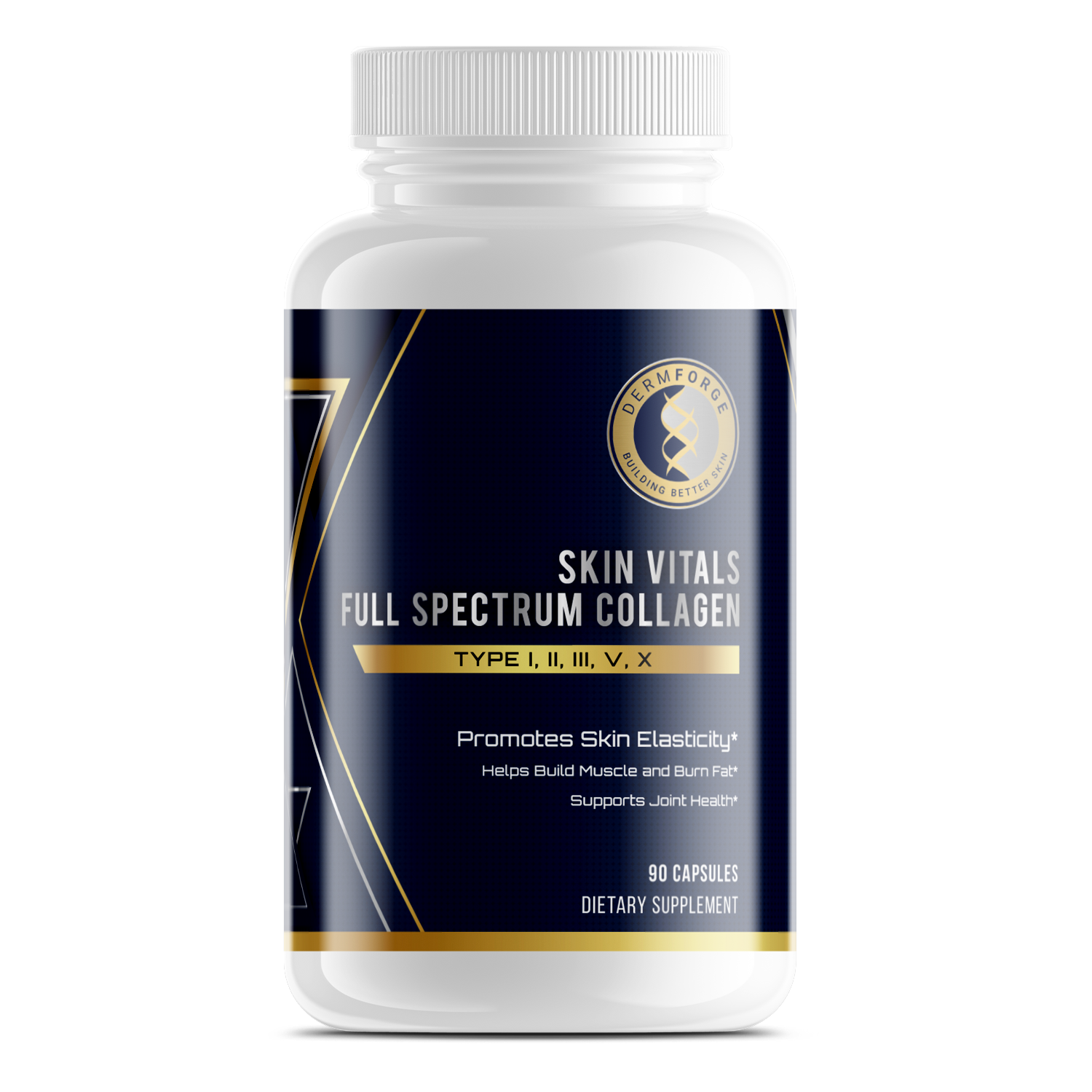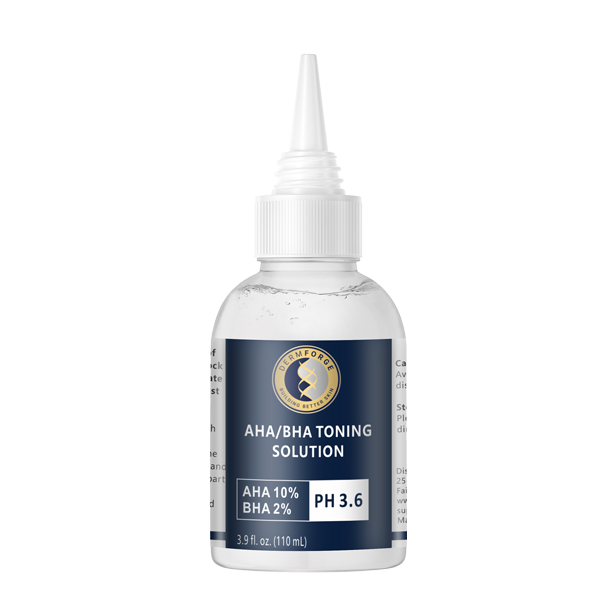
Vitamins D3 and K2 are important nutrients that contribute significantly to your health. They support strong bones, promote healthy skin, and can even improve cardiovascular function. Despite their importance, many people struggle to get enough of these fat-soluble vitamins through diet or sun exposure alone.
Taking supplements is often the best solution in this case. However, understanding when and how to take vitamin D3 and K2 supplements can make a big difference in how well your body absorbs and uses them.
In this blog post, we’ll discuss the specific benefits of these vitamins, how they work together, and the best ways to include them in your daily routine. Let’s get started!
What Are Vitamin D3 and K2?
You’ve probably heard of vitamin D (the “sunshine vitamin”), but not everyone has heard of vitamin K2. Below, we’ll talk about each vitamin, why they’re important, and the food sources that they’re typically found in:
Vitamin D3
Vitamin D3, also called cholecalciferol, plays a huge role in your body’s ability to absorb calcium. It’s often referred to as the “sunshine vitamin” because your skin produces it when exposed to sunlight.
However, getting enough vitamin D3 through sun exposure alone can be challenging, especially during the winter months or for people with darker skin tones. Thankfully, you can find small amounts of vitamin D3 in foods like fatty fish, egg yolks, and fortified dairy products.
This nutrient is essential for bone health and strength, supporting muscle function, regulating immune function, and converting food into energy. Since it’s quite difficult to get enough vitamin D3 from sun exposure or food sources, we’d highly recommend taking vitamin D supplements.
Vitamin K2
Vitamin K2 might not be as well-known as D3, but it’s just as important. It helps regulate calcium by directing it to your bones and teeth rather than letting it accumulate in your arteries, where it could potentially cause vascular calcification.
Vitamin K2 is found in fermented foods (like natto, kimchi, and sauerkraut), as well as animal products like liver and egg yolks. It’s especially important for blood clotting, preventing cardiovascular issues, and improving bone density.
Why D3 and K2 Supplements Work Best When Taken Together
Vitamins D3 and K2 are essentially the ultimate power couple. While vitamin D3 ensures that your body absorbs calcium efficiently, vitamin K2 makes sure that the calcium ends up in the right places — your bones and teeth — instead of soft tissues like arteries or skin.
Taking vitamin D3 without K2 could actually increase the risk of calcification in your blood vessels, which could lead to heart problems over time. When taken together, these vitamins promote strong bones, reducing the risk of conditions like osteoporosis.
By preventing calcium buildup in your arteries, vitamins D3 and K2 also protect your cardiovascular health. Furthermore, it’s been proven that taking vitamins D3 and K2 reduces skin inflammation and improves skin elasticity.
When is the Best Time to Take Vitamin D3 and K2?
Yes, it actually does matter what time you take your supplements! Depending on what time you take your vitamin D3 and K2 supplements (and whether or not you take them with food), your body will absorb them more efficiently. Here are our recommendations for taking vitamin D3 and K2 supplements:
Take them with food

Both vitamin D3 and K2 are fat-soluble vitamins. This means they need dietary fat to be absorbed by the body properly. Taking them with a meal that contains healthy fats — such as avocado, nuts, or olive oil — is the best way to make sure that your body is absorbing them properly.
Time of day matters, but not as much as consistency
There’s no definitive evidence that taking vitamins D3 and K2 at a specific time of day makes them more effective. Some people prefer taking them in the morning (perhaps to align with natural sunlight exposure), while others take them with dinner to make sure they’re eating a meal with enough fat.
The most important thing is consistency. Take your supplements at the same time every day (again, preferably with food for optimal absorption), and the vitamins should do exactly what they’re supposed to.
Should You Take Vitamin D3 and K2 in the Morning or Evening?
If you take other supplements in the morning or want to avoid forgetting to take your vitamin D3 and K2 supplements, we’d highly recommend taking D3 and K2 in the morning. This is a great excuse to make yourself a healthy, hearty breakfast, too (breakfast is the most important meal of the day, after all!).
That said, some people find that taking D3 at night actually helps them relax. This is because vitamin D may play a small role in regulating sleep. Taking D3 and K2 supplements in the evening is also a good idea because you can easily take them with dinner.
You could even take vitamins D3 and K2 at lunchtime, as long as you’re eating a meal that contains lots of healthy fats. This might be harder to remember for some people, though, especially if you only have a short lunch break during your work day.
It really depends on what works best for you. Just remember, though, that no matter when you take vitamin D3 and K2 supplements, consistency is key! It's also a good idea to consult with your healthcare providers to determine the best timing and dosage for your individual needs.
The Skin Benefits of Vitamin D3 and K2
Vitamins D3 and K2 provide plenty of benefits for your heart health and bone health, but did you know that these vitamins are recognized for their skin health benefits as well? Let’s take a closer look below at how you can expect your skin health to improve while taking vitamin D3 and K2 supplements:
Promotes skin elasticity
This is one of the best benefits of vitamin D levels. Vitamin D3 supports collagen and elastin production — two proteins that are essential for keeping your skin firm and youthful-looking. Meanwhile, vitamin K2 protects collagen from breaking down. This helps to reduce wrinkles and fine lines.
Improves complexion and skin tone
Vitamin K2 strengthens the tiny blood vessels underneath your skin. This helps to improve circulation and prevent dark circles from forming. If you have an uneven skin tone, taking K2 (along with D3) could be a great way to remedy this issue.
Reduces inflammation
Vitamin D3 helps balance immune responses, while K2 has anti-inflammatory properties. When taken together, they can improve the symptoms of common skin conditions like acne, eczema, and psoriasis.
How Much Vitamin D3 and K2 Should You Take?
A lot of people struggle when it comes to taking the right dosage of D3 and K2. The amount you’re “supposed” to take will depend on a few different factors, like your current vitamin levels and your age. We’d recommend asking a healthcare professional before taking any dietary supplement, but here’s a general guideline for D3 and K2:
Vitamin D3 dosage
The recommended daily intake is typically 600–800 IU for adults, but higher doses (5,000–10,000 IU) may be needed to correct deficiencies.
Vitamin K2 dosage
A good rule of thumb is to take 10 mcg of K2 for every 1,000 IU of D3. For example, if you take 5,000 IU of D3, you’ll need to take 50 mcg of K2.
How to Get Vitamins D3 and K2 Naturally
Sunlight is the best natural source of vitamin D. You should try to get 10-30 minutes of sun exposure a few times a week. This will depend on your skin type, though, and you shouldn’t stay out in the sun so long that you get sunburnt. You can also get vitamin D3 from fatty fish (like salmon) and egg yolks.
Vitamin K2 is a little bit more difficult to get naturally (which is why we'd recommend vitamin K supplementation). It’s present in fermented foods like kimchi and sauerkraut, and in animal products like liver and egg yolks (clearly, you can’t go wrong with eating plenty of eggs!).
Light Therapy in Conjunction With Taking Vitamins D3 and K2
Did you know that you can enhance the effects of these vitamins by doing light therapy with a LED face mask? Combining light therapy with vitamin D3 and K2 supplementation can be especially beneficial for certain skin and medical conditions.
Vitamins D3 and K2 provide plenty of benefits for your heart health and bone health, but did you know that these vitamins are recognized for their skin health benefits as well? In fact, addressing vitamin D deficiency is crucial for maintaining healthy skin. Let’s take a closer look below at how you can expect your skin health to improve while taking vitamin D3 and K2 supplements:
Conclusion
Clearly, these essential nutrients are somewhat of a dream team when it comes to supporting bone, heart, and skin health. By taking them together with food (and staying consistent), you can maximize the benefits of these vitamins.
If you're looking for a simple way to boost your health and skincare routine, check out DermForge's Skin Deep Vitamin K2 and D3 Formula with BioPerine. It's formulated to help your body absorb these essential vitamins better. Pair it with one of DermForge’s LED Masks for a glowing, healthy complexion right at home.
Head over to our website to explore our products and place your order — it’s a step toward feeling great inside and out!






